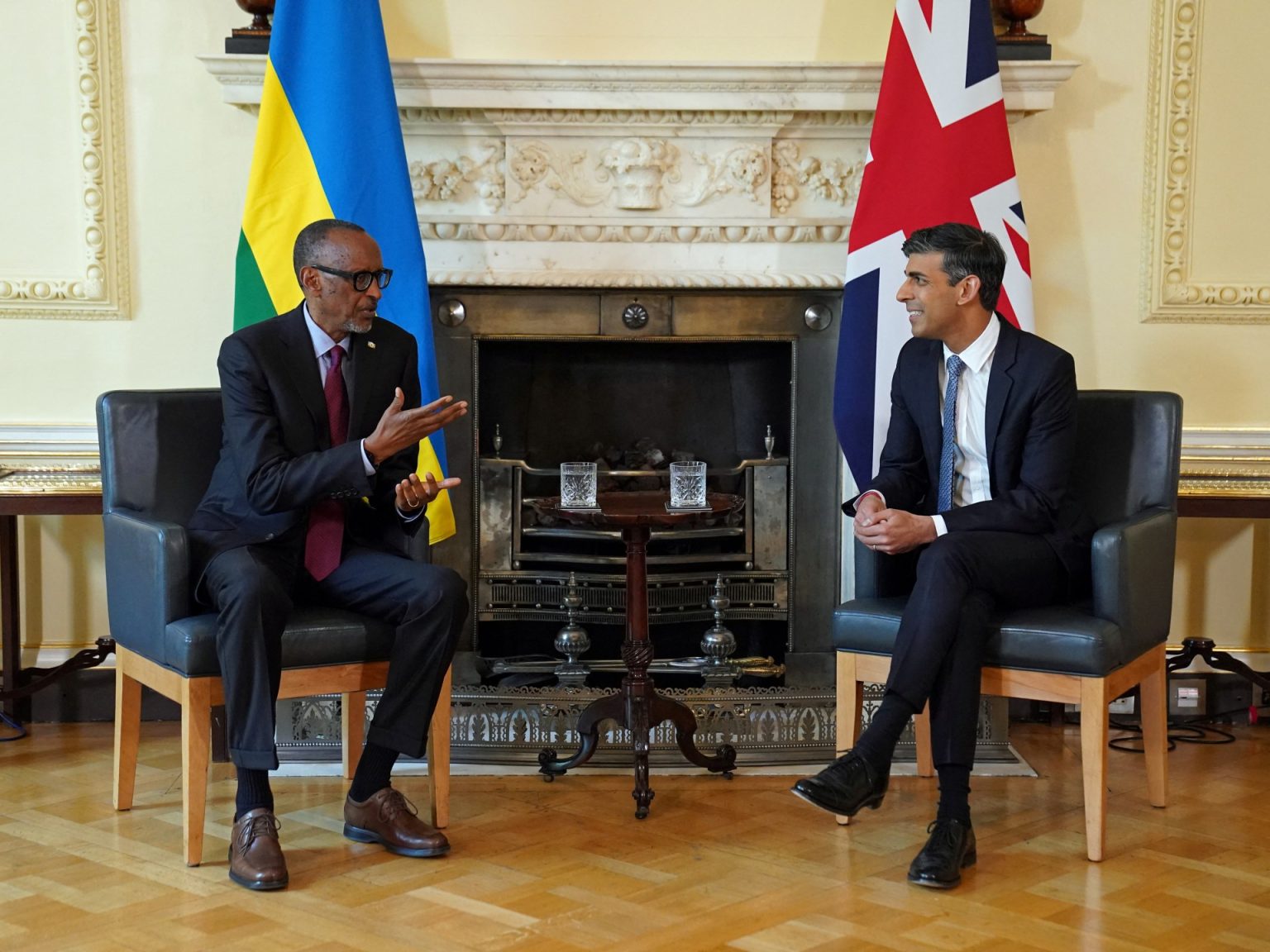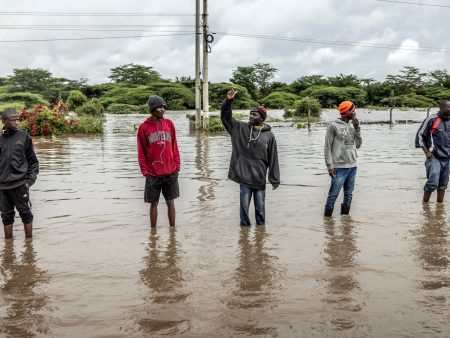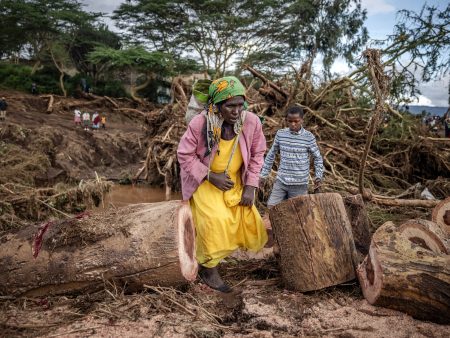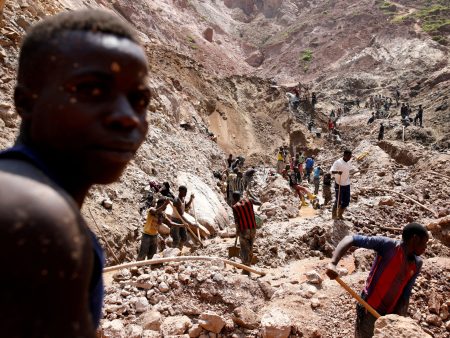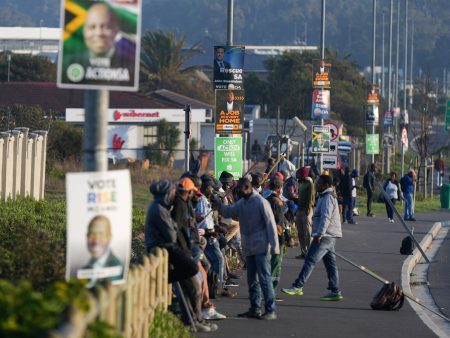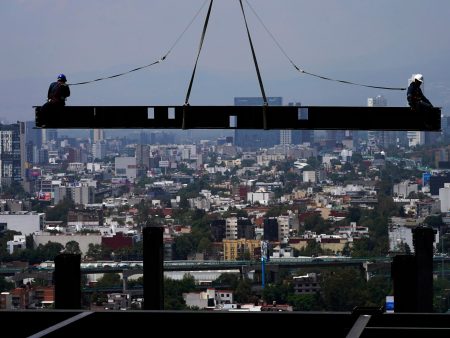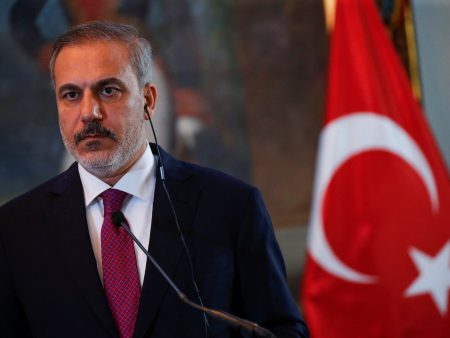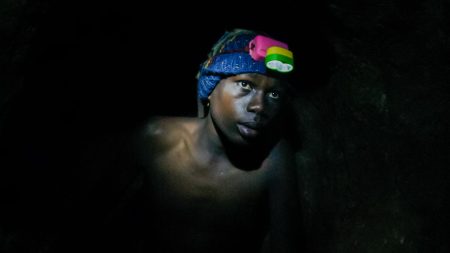The lush hills of Kigali, Rwanda are home to Hope Hostel and the Bwiza Riverside Estate, two locations earmarked by the government to host asylum seekers expected to be sent from the United Kingdom as part of a deal worth 220 million pounds. The deal, which has faced criticism over human rights implications, is expected to become law despite concerns regarding feasibility, cost, and legality. Hope Hostel, initially housing genocide survivors, sits empty awaiting the arrival of asylum seekers, while the Bwiza Estate was presented to the UK Home Secretary as potential housing for refugees.
In Kigali, concerns arise about the impact of the influx of asylum seekers on the local economy and job market. While some see potential benefits in terms of increased employment opportunities and revenue for Rwanda, others worry about competition for jobs and the long-term sustainability of the arrangement. The Rwandan government has stated that asylum seekers will receive training and job opportunities, but with high unemployment rates and an economy heavily reliant on services and tourism, there are doubts about the feasibility of these promises.
As the UK provides Rwanda with significant funding to accommodate asylum seekers, questions arise about the long-term sustainability of the arrangement and its impact on local resources and infrastructure. With a growing population, an escalating demand for housing, and a shortage of affordable housing, repurposing spaces for asylum seekers adds to existing pressures on the housing market and raises concerns about homelessness and displacement among the local population.
Critics of the UK-Rwanda deal argue that it violates international human rights conventions and asylum laws by forcing refugees to relocate to a country they did not choose and may not be adequately equipped to provide for them. Despite Rwanda’s history of hosting refugees from neighboring countries, concerns about the treatment of asylum seekers from the UK and their likelihood of being returned to their home country after a short period raise ethical and legal concerns.
Existing refugee camps in Rwanda provide a sobering glimpse into the challenges faced by refugees and asylum seekers in the country, with reports of poor living conditions, limited resources, and inadequate access to essential services. The Gashora transit camp, funded by the EU, is seen as a model for the UK-Rwanda deal and has faced criticism for leaving asylum seekers in a state of limbo. The UK government maintains that asylum seekers relocated to Rwanda will not live in refugee camps but will have access to reception centers before moving into longer-term accommodations.
Despite the controversial nature of the UK-Rwanda deal, which is scheduled to commence in July, the Rwandan government remains committed to the arrangement due to its financial incentives. With concerns about potential divisions within the country and the impact of policies on social and economic dynamics, opposition figures and human rights activists continue to criticize the deal and advocate for a more humane and sustainable approach to asylum and refugee relocation. As the first deportations approach, the implications of the UK-Rwanda deal on Rwanda’s social fabric and international standing remain uncertain.





